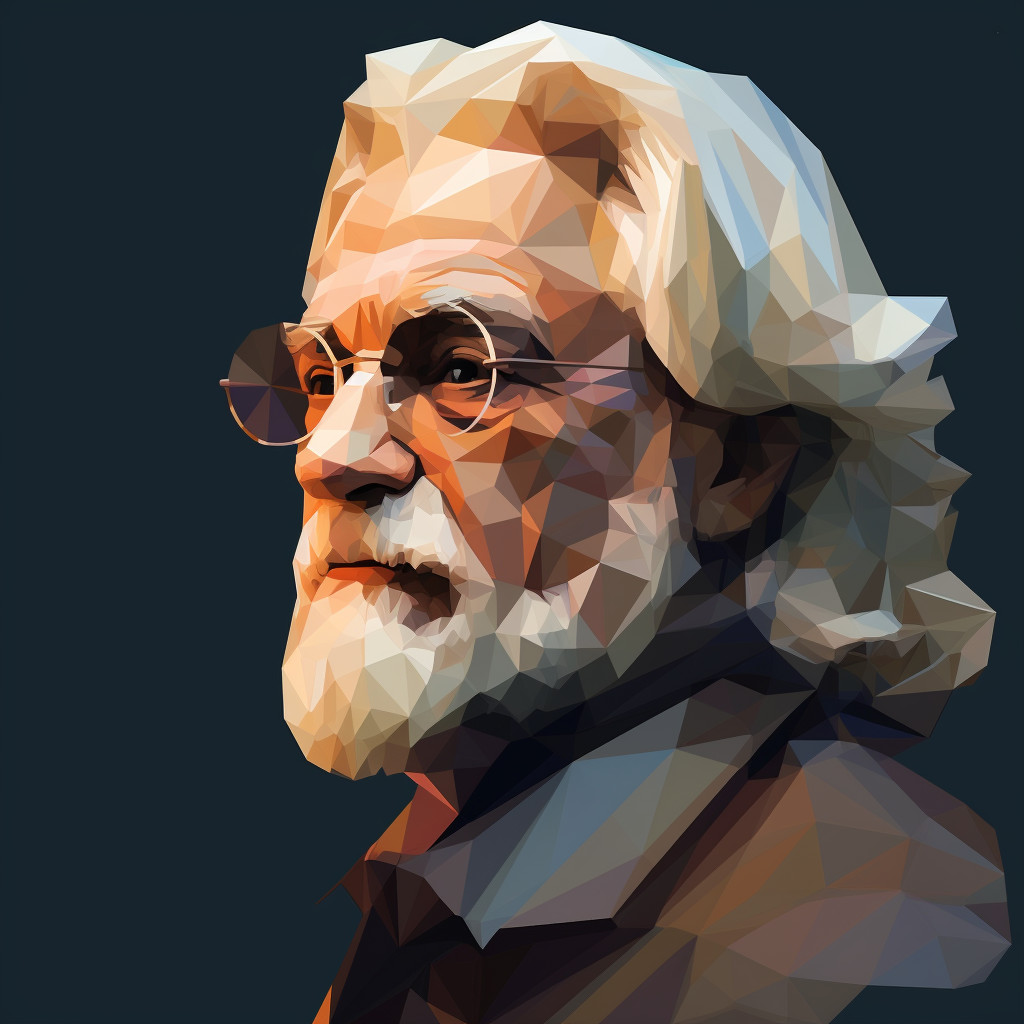This quote suggests that the essence of life lies not in the relentless pursuit of desires, but in appreciating what one already possesses. It emphasizes the importance of contentment and gratitude, suggesting that true happiness and fulfillment come not from acquiring more, but from valuing what is already in our possession.
The quote challenges the pervasive culture of consumerism and the common belief that accumulating more material goods leads to happiness. It proposes an alternative perspective, one that prioritizes inner peace and contentment over external acquisitions. The pursuit of desires can be an endless, unsatisfying race as there will always be something more to want. On the other hand, learning to appreciate what one already has can lead to a more fulfilling and meaningful life.
In the context of personal development, this quote could be interpreted as a call to cultivate an attitude of gratitude and contentment. Instead of constantly striving for more, we can focus on appreciating what we already have. This might involve practicing mindfulness, expressing gratitude regularly, or simply taking the time to appreciate the good things in our lives.
Applying this idea in today’s world could involve making a conscious effort to resist the pressures of consumerism and the societal expectation to constantly strive for more. It could mean learning to find satisfaction in what we already have, rather than constantly seeking new acquisitions or experiences. This might involve making lifestyle changes to prioritize experiences over possessions, or it could mean simply taking the time each day to appreciate the things we often take for granted.
In essence, the quote suggests that the secret to a fulfilling life lies not in the pursuit of desires, but in the appreciation of what one already has. It’s a reminder to cultivate gratitude, contentment, and mindfulness in our daily lives.






